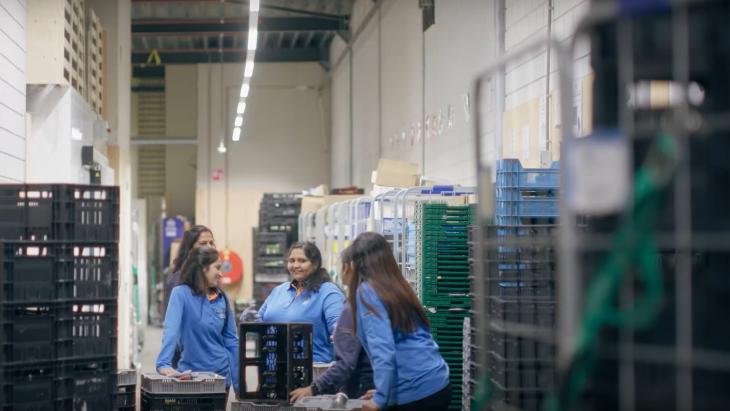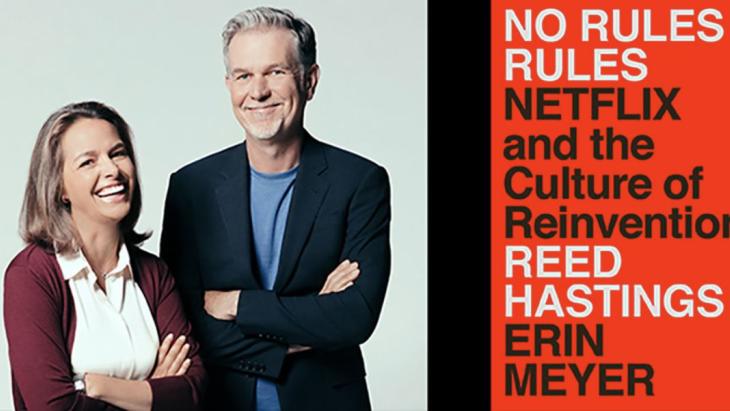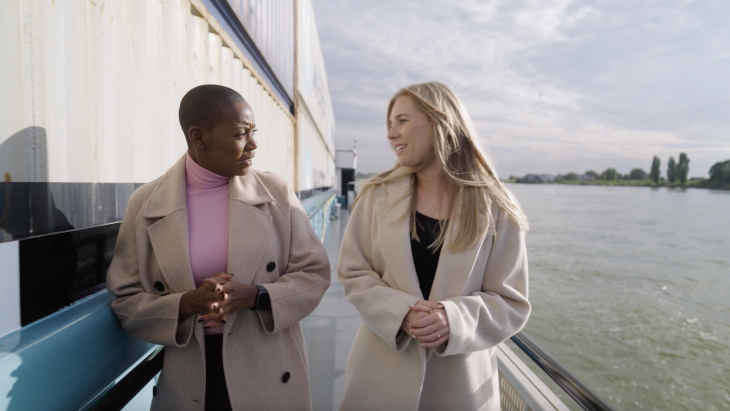This could be a story about how the crisis hit the ad business in the Netherlands. About how big agency net-works like BBDO and JWT lost clients and had to fire lots of people; about how smaller agencies and produc-tion companies fell over the edge. It did happen, the Dutch market has suffered a lot, but to be honest: it probably doesn't compare with losses in the UK and the United States. So let's focus on growth. This was also the year that agencies including Sid Lee and Taxi chose Amsterdam as their first European base.
Since Wieden+Kennedy and 180 settled in Amsterdam in the Nineties the number of international agencies choosing the Netherlands has continued to grow. In addition to Sid Lee and Taxi, Per-fect Fools, Modernista! and AKQA have opened offices in Amsterdam over the past two years. No wonder Amsterdam has been chosen as the venue for the Eurobest Festival this year.
In the earlier years the agencies followed the clients, Nike for example, to our capital. But with all that crea-tivity centred in one place, clients have now started following the creatives to Amsterdam. As a result the giant footwear brand Asics chose Woedend! and Amsterdam Worldwide as it's lead agencies; recently Mini selected BSUR as lead global agency after a competition be-tween two other Dutch agencies, 180 and KesselsKramer. The fact that post houses such as Glassworks and Wave Studio's have also shipped their facilities overseas was just a matter of time and their and proves that the city is here to stay.
This is no coincidence but partly the result of an active policy on part of the city authorities to attract inter-national business to Amsterdam. The Taxi case is a prime example. Believe it or not, mayor Job Cohen him-self welcomed Paul Lavoie to Amsterdam when he was still in doubt whether to choose London or Amster-dam for the company's first European office. The city of Amsterdam offered Lavoie a bike-tour and threw him a party to introduce him with the city's creative com-munity. In February Taxi decided in favour of Amsterdam, so it would seem that the efforts worked.
TWO TRIBES
But Amsterdam has a lot going for it anyway. It's small and conveniently arranged, the Dutch are open-minded, focused on trade, good with languages and creative. Compared to the closed market in London and the French-focused Parisians it seems much easier to conquer Europe from Amsterdam.
But even though the international community is expanding, the local ad market remains resolutely Dutch. What most outsiders don't know is that the Dutch ad market actually consists of two islands: one inhabited by the international community and one by the Dutch. These two tribes barely mingle. That's not because they don't like each other, it's just how it is. Paul Lavoie noticed it immediately when he did researching his new office: ‘The two communities co-exist. With Taxi we want to create a European agency and bring international and Dutch talent together.' That's why Taxi acquired Ottonico, a young up-and-coming Dutch digital agency.
Even the international network agencies like TBWA\Neboko and DDB consist mainly of Dutch creatives. These agencies excel in work for big Dutch brands like Centraal Beheer, Albert Heijn, Unox and KPN. TBWA\Neboko was this years' most awarded Dutch agency, was chosen as Agency of the Year, but hasn't many international awards in the few past years (although its work for Heineken - Walk-in fridge - has proven to be a big success worldwide).
On the other hand W+K and 180 don't have a high score in Dutch awards, but always belong to the best Dutch performing agencies in Cannes.
PEANUT BUTTER
Aad Kuijper, chairman of the Dutch Art Director's Club and owner of Alfred International, acknowledges the phenomenon, but doesn't regard it as a problem. ‘I see that both kinds of agencies are here and I don't think they will ever mingle. With the globalisation there's a growing need for local identity. Especially in food, the power of the product often has a link with traditions. When we say peanut butter in the Netherlands we think of ice-skating, Joop Zoetemelk (a cyclist) and wide landscapes. But if you go 10 kilometres over the border, nobody would know what I'm talking about.'
Kuijper's agency Alfred, is one of the most successful Dutch start-ups of the past three years. With such big brands as Knorr in its portfolio, the agency gained market share quickly and with a simple strategy: making funny TV campaigns with a Dutch flavour.
Kuijpers former partner, Bart Kuiper, pulled off the same trick a few years ago with Leukwerkt World-wide (which agency name could be translated in English as ‘FunWorks'). Although their agencies have the extensions International and Worldwide in their names, both Kuijper and Kuiper represent a genera-tion of successful traditional Dutch ad makers who do not really
believe in international work.
But does that mean the islands will never come together? Fortunately, the Dutch are also good at building bridges - and our young creatives are increasingly open-minded and they don't recognise borders. In addition, education, such as the Miami Ad School, which opened in Amsterdam two years ago, will also increase the pool of local talent with an international perspective. The international island will keep on growing and the two communities will become equivalent.
Bas Engels, creative director TBWA\Neboko, expects that the two creative groups will ultimately come together. He points out that both clients and agencies would profit: ‘The work will be elevated to a higher level that way.'







Plaats als eerste een reactie
Ook een reactie plaatsen? Word lid van Adformatie!